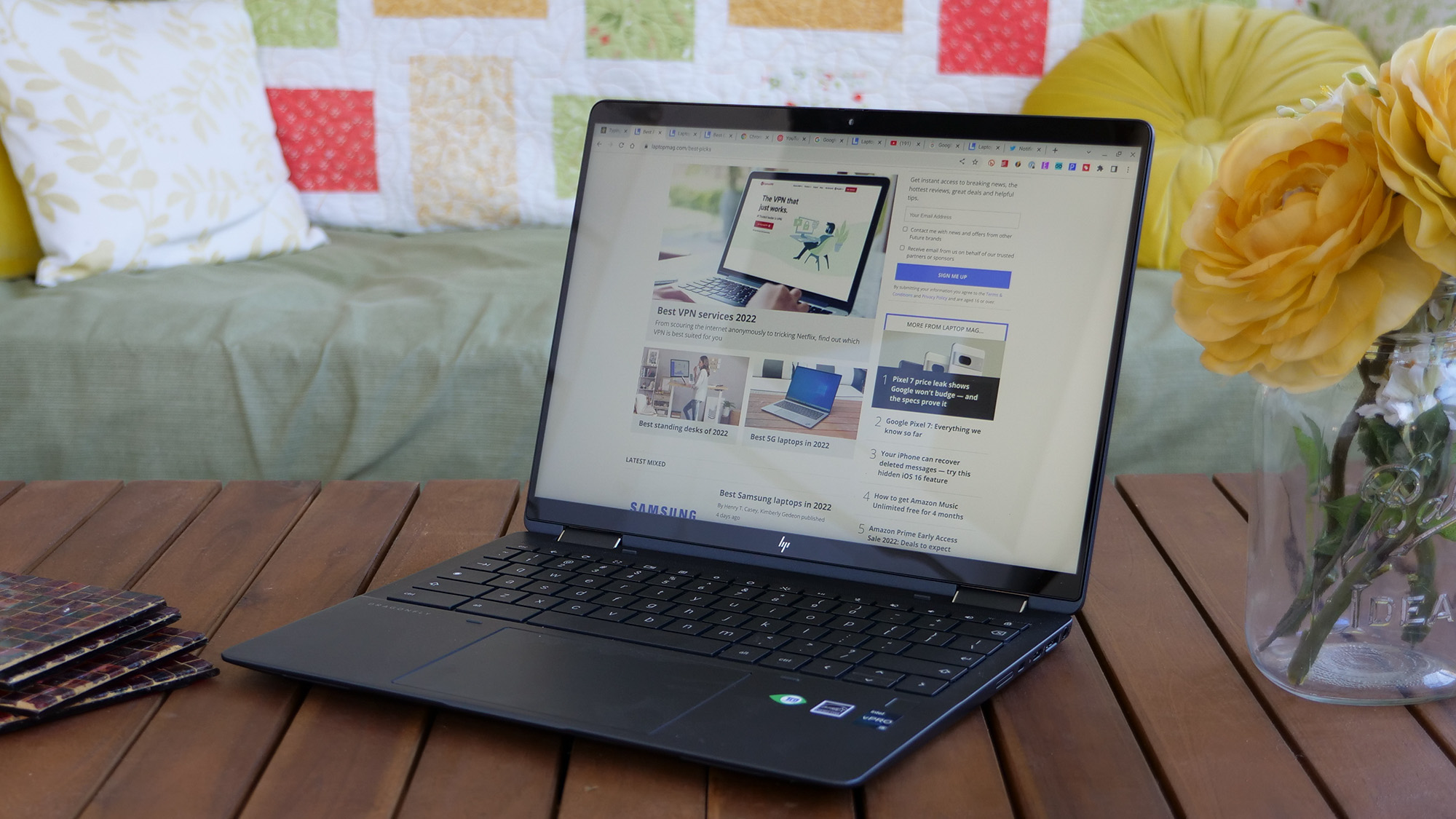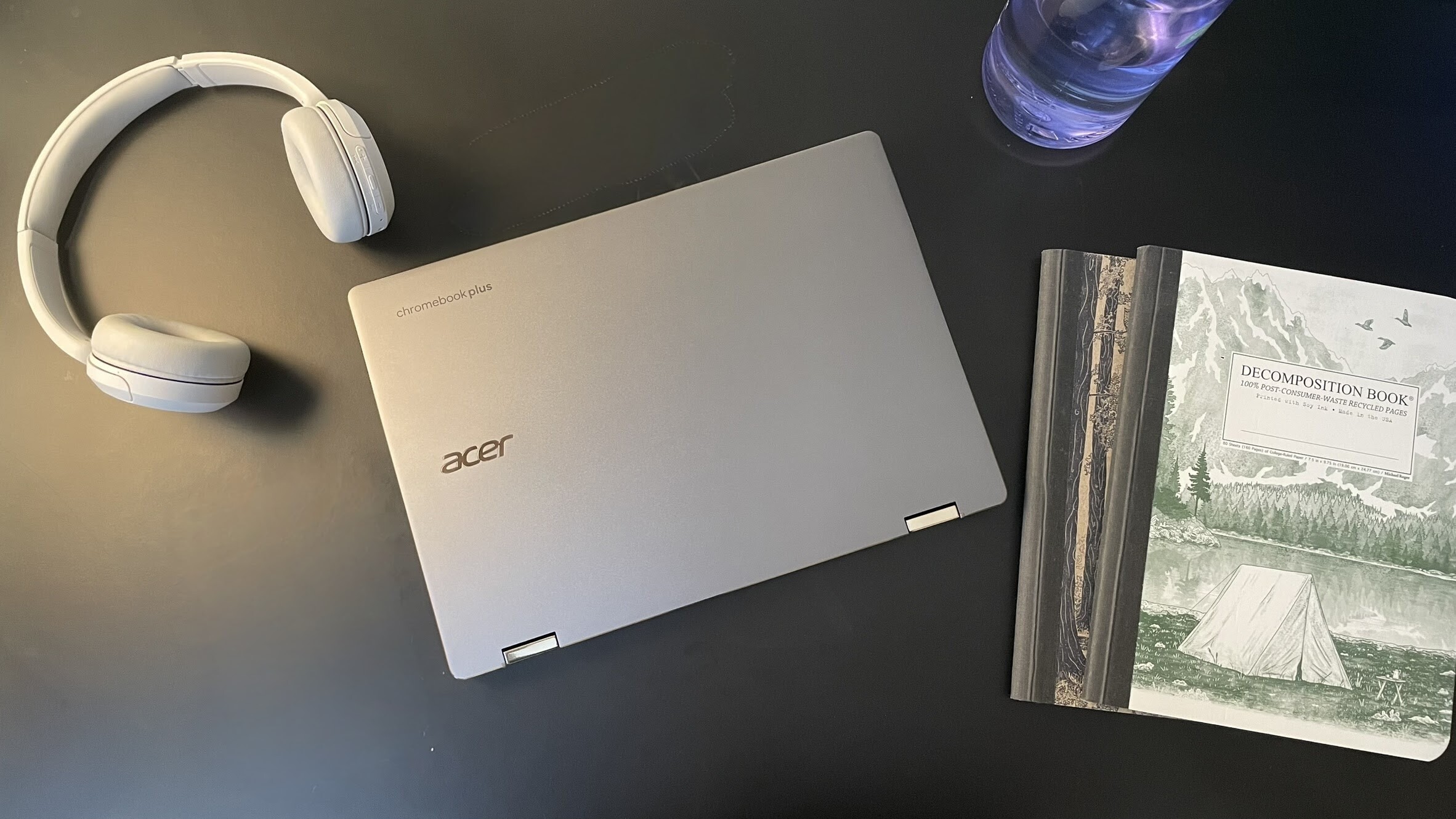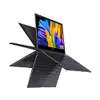"We’ve never been more excited about the future of ChromeOS.": Here's how Google plans to rapidly deploy Google AI updates to Chromebooks
Your Chromebook might be wAI smarter in the future

Google has a plan to ensure that Chromebooks can keep up with the blistering pace of Google AI updates and it involves turning to the Android tech stack.
According to a Chromium Blog post published on Wednesday, Google will "be embracing portions of the Android stack, like the Android Linux kernel and Android frameworks, as part of the foundation of ChromeOS."
For reference, a tech stack is defined as "the set of technologies used to develop an application, including programming languages, frameworks, databases, front-end and back-end tools, and APIs" by Heap.
Google plans to bring these Android-based components to ChromeOS as part of an effort to "continue rolling out new Google AI features to users at a faster and even larger scale."
More specifically, incorporating the Android tech stack into ChromeOS will enable Google to "accelerate the pace of AI innovation at the core of ChromeOS, simplify engineering efforts, and help different devices like phone and accessories work better together with Chromebooks."
Let's take a closer look at what's in the Android stack, as well as the pieces ChromeOS will be incorporating sometime in the "future."
What parts of Android are coming to ChromeOS?
According to the Android Developers website, "Android is an open source, Linux-based software stack" comprised of System Apps, the Java API Framework, Native C/C++ Libraries, Android Runtime, a Hardware Abstraction Layer (HAL), and the Linux Kernel.
Sign up to receive The Snapshot, a free special dispatch from Laptop Mag, in your inbox.
If ChromeOS is gaining the Linux Kernel and Android frameworks from the Android stack, what does that mean for your Chromebook?
Well, the Linux Kernel is known as "the foundation of the Android platform," essentially responsible for all basic functions. On an Android smartphone, it's in charge of power management and houses drivers for your audio, display, keypad, Bluetooth, camera, shared memory, and Wi-Fi.
This will likely replace the foundation of ChromeOS, allowing for generative AI features that are already available on Android, like AI-generated wallpapers and Magic Editor in Google Photos.

Furthermore, "the entire feature-set of the Android OS is available to you through APIs written in the Java language." Put simply, the Java API framework provides the building blocks needed for developers to create Android apps that mesh well with the OS.
Android apps are already available on ChromeOS, but incorporating this framework will make them work seamlessly.
By bringing the base components of Android OS into ChromeOS, Google will be able to roll out AI-related updates more easily and frequently for Chromebooks, ensuring they don't get left behind while Android phones start debuting cool AI-powered features.
Unfortunately, there's no timeframe for this major change. According to the Chromium Blog post, "These improvements in the tech stack are starting now but won't be ready for consumers for quite some time."
When it's time to roll out the new ChromeOS with integrated Android stacks, it'll be a "seamless transition to the updated experience."
To close out the post, Senior Director of ChromeOS Engineering Prajakta Gudadhe and Senior Director of ChromeOS Product Management Alexander Kuscher write, "We've never been more excited about the future of ChromeOS."
MORE FROM LAPTOP MAG
- Apple Intelligence with iOS 18 won't work for most iPhone owners. Here's why.
- Looking for ChatGPT alternatives? Try these 5 services that might be better for your needs
- I broke Copilot+'s Live Captions feature with a simple question

Sarah Chaney is a freelance tech writer with five years of experience across multiple outlets, including Mashable, How-To Geek, MakeUseOf, Tom’s Guide, and of course, Laptop Mag. She loves reviewing the latest gadgets, from inventive robot vacuums to new laptops, wearables, and anything PC-related. When she's not writing, she's probably playing a video game, exploring the outdoors, or listening to her current favorite song or album on repeat.









